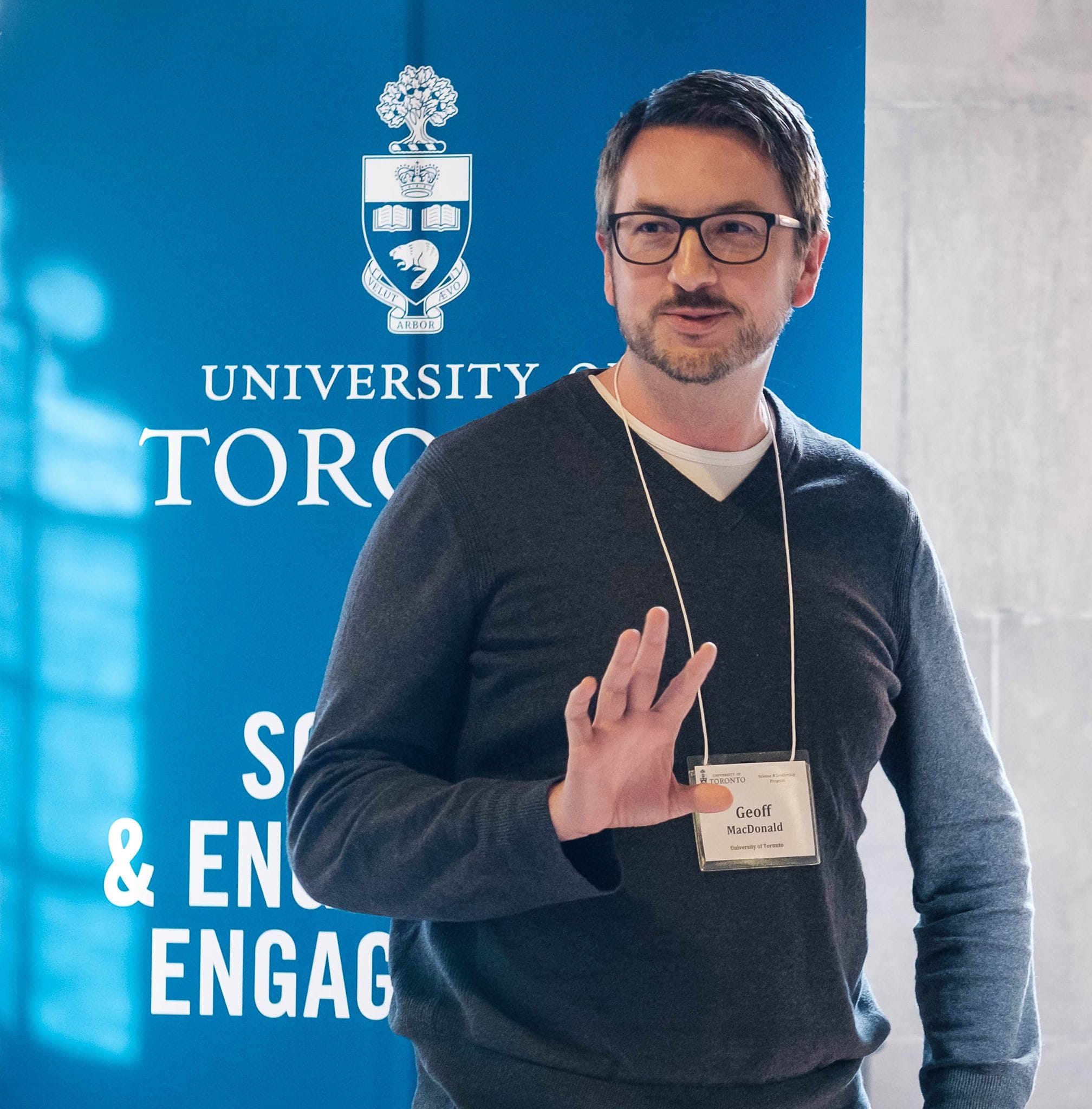By Leelan Farhan, M.I. candidate, Faculty of Information
Currently in its second year, Prof. Geoff MacDonald’s fourth year psychology seminar, Special Topics in Social Psychology – Human Sexuality (PSY420), bridges the realities of lived experiences with the scientific rigor and methodology of psychology, quite unlike many other human sexuality courses that are offered.
Fourth year psychology seminars are designed to prepare students for graduate school, encouraging analytical skills through a facilitation of discussion, presentation and reflection papers in response to the research articles read. The structure of the seminar is ultimately left to the instructor, however, and while some may choose to lecture on the topics, Prof. MacDonald let the students take the wheel.
“It’s not about me,” Prof. MacDonald says of the learning environment. “It’s about the students and the environment they create. I’m there to provide support and guidance.”
In addition to promoting the skills necessary to do well in advanced psychology courses, Prof. MacDonald incorporates a diverse guest speaker line-up including sex therapists, researchers on sexual deviancy, and people experienced in the commercial sex industry.
However, such traditionally taboo topics paired with unconventional methods are not without their risks. Prof. MacDonald notes that the biggest challenge in constructing such a course is finding the balance between enabling the students to explore and draw on their own experiences without letting things get too far. “Sex is such an experiential thing,” Prof. MacDonald explains. “But there’s that fear of ‘where’s the line?’ The challenge is enabling access to new perspectives without being unnecessarily salacious.”
In order to encourage students to explore these new viewpoints without producing unnecessary discomfort, Prof. MacDonald uses full disclosure and warnings at the very start of the semester, as well as throughout the course. “I try to make sure students know what they’re getting into at the very start.”
Daniel Jubas-Malz, a U of T alumni who took the course during its first run last year, agrees. Prof. MacDonald’s balanced approach meant the level of discomfort never felt unnecessary. “At the beginning of the course, and at the start of every class in which the topics were considered more controversial, Prof. MacDonald made it clear that any student who felt uncomfortable was able to sit out without an academic penalty. He also provided proper moderation to ensure the class stayed within reasonable limits.”
In addition to providing content warnings, Prof. MacDonald also highlights the importance of instructors projecting security, comfort and safety with the topics at hand in order to put hesitant students at ease.

“The professor should be the secure base, the safety in the classroom. My job is to project comfort on these issues. That means never getting flustered when talking about or approaching uncomfortable topics.” At the same time, Prof. MacDonald acknowledges the power students have in creating the space they learn in. He encourages them to be open and supportive of one another, which is most apparent in his use of peer evaluation for the oral presentations.
While Prof. MacDonald hopes the course material itself exposes students to new modes of thinking about the world around them, peer evaluation can allow for the incorporation of multiple perspectives in a way that a single instructor’s evaluation can’t. Prof. MacDonald differentiates between “big picture” thinkers and “detail oriented” thinkers.
“If you only get feedback from one person and they look at things either via the small details or at the big picture, they might consequently miss other important forms of feedback,” Prof. MacDonald notes. A peer evaluation approach, then, allows for a much more balanced evaluation. Prof. MacDonald also points to the real-world application of peer evaluation. “While you learn that you can’t please everybody, you also have the opportunity to see a common thread emerge through the comments.” This, he then goes on to say, can allow students to learn from common strengths and weaknesses.
For Jubalz-Malz, the benefits of peer evaluation are less straightforward. “On the one hand, I do not believe that we should be evaluated on our understanding of the content by anyone other than the professor.” However, Jubalz-Malz does agree that there are advantages to receiving feedback from fellow peers. “We were also expected to evaluate each other on non-academic aspects, like presentation style, and for that I didn’t mind the peer evaluations,” he notes.
After running a graduate level version of this seminar in the winter term of 2016, Prof. MacDonald has incorporated a heavier emphasis on critical analysis in the undergraduate version. That being said, his hopes for the main learning outcomes of the course are still to challenge students’ preconceptions of human sexuality.
Jubas-Malz agrees, noting how his own preconceptions changed throughout the seminar. “The course helped me re-evaluate my assumptions for the better by pointing out alternatives to things I thought were intuitive.” In particular, he highlights the lecture delivered by Dr. James Cantor of CAMH as being one of the most eye-opening and memorable experiences in the course. “[He] spoke to the class about pedophilia and properly grounded his arguments in empirical research to help make points that some may have found controversial. It made me reassess my opinions about the illness and allowed me to better understand its complexity and the condition of those affected.”
Prof. MacDonald emphasizes the impact that the bridge between experiential and critical/analytical learning can have on scientific knowledge and problem solving. “We’d be better scientists, better human beings, if, before we judged others, we tried to see things from that person’s perspective.” For Prof. MacDonald, this approach is not just for the sake of our ethics and morals, but one he hopes will lead to more effective solutions in the social sciences.
























